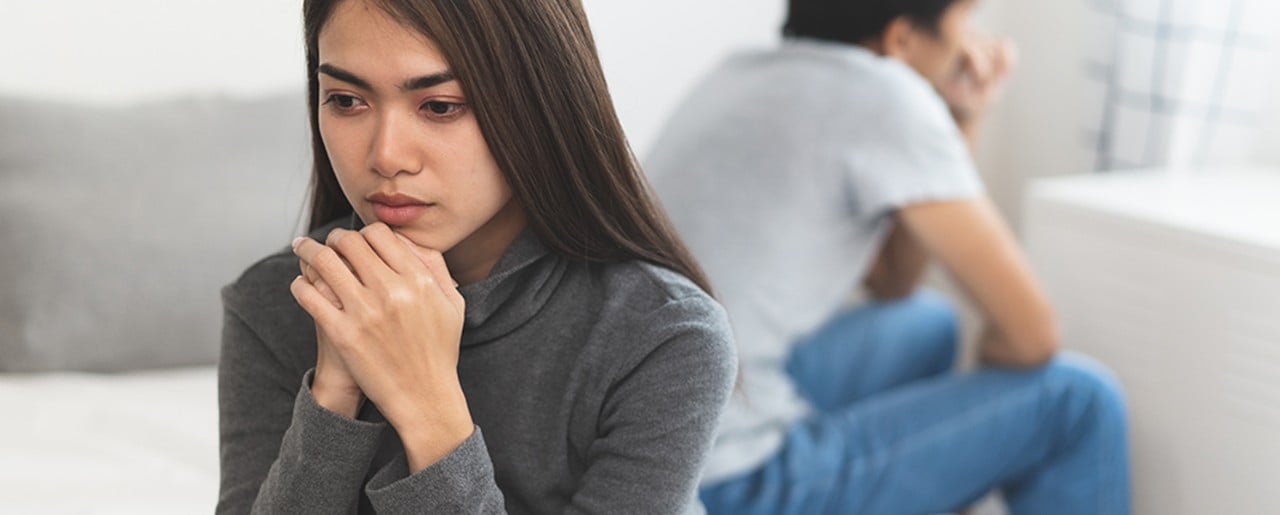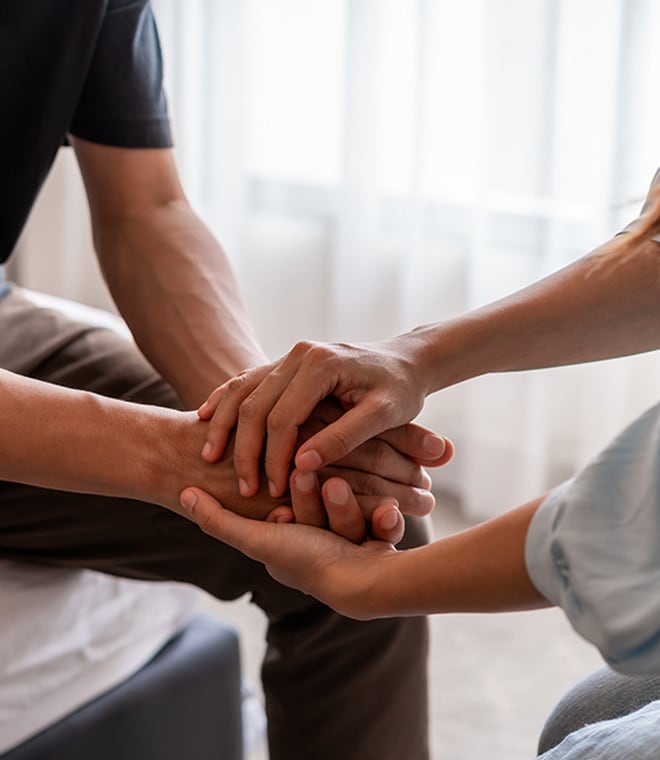Health
Anal warts: Causes, symptoms and treatments
By Ruben J. Rucoba, MD Sep 20, 2024 • 4 min
Anal warts can be concerning for those who have them, although they are often painless and can be effectively treated. Warts by the anus can be very small, and people may not even know they have them. Almost all cases of anal warts are spread through sexual contact.
What causes anal warts?
Anal warts, also called condyloma acuminata or anogenital warts, are caused by human papillomavirus (HPV), the most common sexually transmitted infection (STI). You don’t have to have anal sex to get anal HPV and anal warts. The virus can be transmitted from person to person through intimate contact, including hand contact or secretions from a sexual partner in the anal or genital region. In some cases, the exposure to the virus occurs years before warts appear.
What are the symptoms of anal warts?
In many cases, people with anal warts don’t know they have them because the warts are usually painless. The primary symptom is the appearance of soft, moist, flat anal growths that are light brown or flesh-colored. Sometimes they may bleed, itch, cause mucus discharge or give the sensation of bumps around the anus.
Anal warts prevention
The HPV virus often remains in the body for years without any signs. While the following steps may not eliminate the risk entirely, they can help reduce the risk of getting anal warts:
- Avoid sexual contact with those who have anogenital warts
- Limit sexual contact to a single partner
- Practice abstinence
- Use condoms
- Have sexual partners screened for HPV and other STIs even when they don’t have any symptoms
- Get the HPV vaccination, which has greatly decreased the incidence of anogenital warts in the U.S.
Anal warts treatments
Anal warts need to be treated because they can spread if left untreated. However, anal warts can resolve on their own with no treatment. The goal of treatment is to remove the anal warts and improve symptoms, if present.
Treatment options include:
- Topical medications — If the warts are small and only on the skin around the anus rather than inside the anus, a healthcare provider can apply a prescribed solution directly to the warts. Medications include podophyllin, podofilox, trichloroacetic acid, bichloroacetic acid, 5-fluorouracil, imiquimod and sinecatechins. These treatments can cause minor burning or discomfort.
- Cryotherapy — A healthcare provider applies liquid nitrogen to freeze, or kill, the warts. People may experience minor discomfort and often can return to work the next day.
- Electrocautery – Performed by a healthcare provider, a small probe with an electric current is used to burn or destroy the warts.
- Laser treatment – LASER stands for “light amplification by stimulated emission of radiation”. In this procedure, a healthcare provider uses a strong beam of light to cut, burn or destroy the warts.
- Surgery — For warts that are extensive, haven’t responded to topical therapy, or are inside the anus, surgery is often the best option. Following surgery, which is often outpatient, people may miss a few days of work (or weeks for more extensive surgery).
Even after the warts are removed, it is still possible to spread warts to your partner. This is because the HPV virus causing the warts can remain in your body’s cells. Anal warts may come back, and you may need additional treatment. Anal warts should always be treated by your healthcare provider. Although the diagnosis of anal warts can be concerning, the issue is treatable.
Updated by Julie McDaniel, MSN, RN, CRNI, September 2024.
Sources:
- https://www.ncbi.nlm.nih.gov/books/NBK441884/
- https://fascrs.org/patients/diseases-and-conditions/a-z/anal-warts
- https://fascrs.org/patients/diseases-and-conditions/a-z/anal-warts-and-anal-dysplasia-expanded-information
- https://www.cdc.gov/std/treatment-guidelines/anogenital-warts.htm
- https://www.cdc.gov/pinkbook/hcp/table-of-contents/chapter-11-human-papillomavirus.html
- https://www.aad.org/public/diseases/a-z/genital-warts-treatment
- https://medlineplus.gov/ency/article/002359.htm
- https://medlineplus.gov/ency/article/001913.htm
- https://www.mayoclinic.org/diseases-conditions/genital-warts/diagnosis-treatment/drc-20355240




